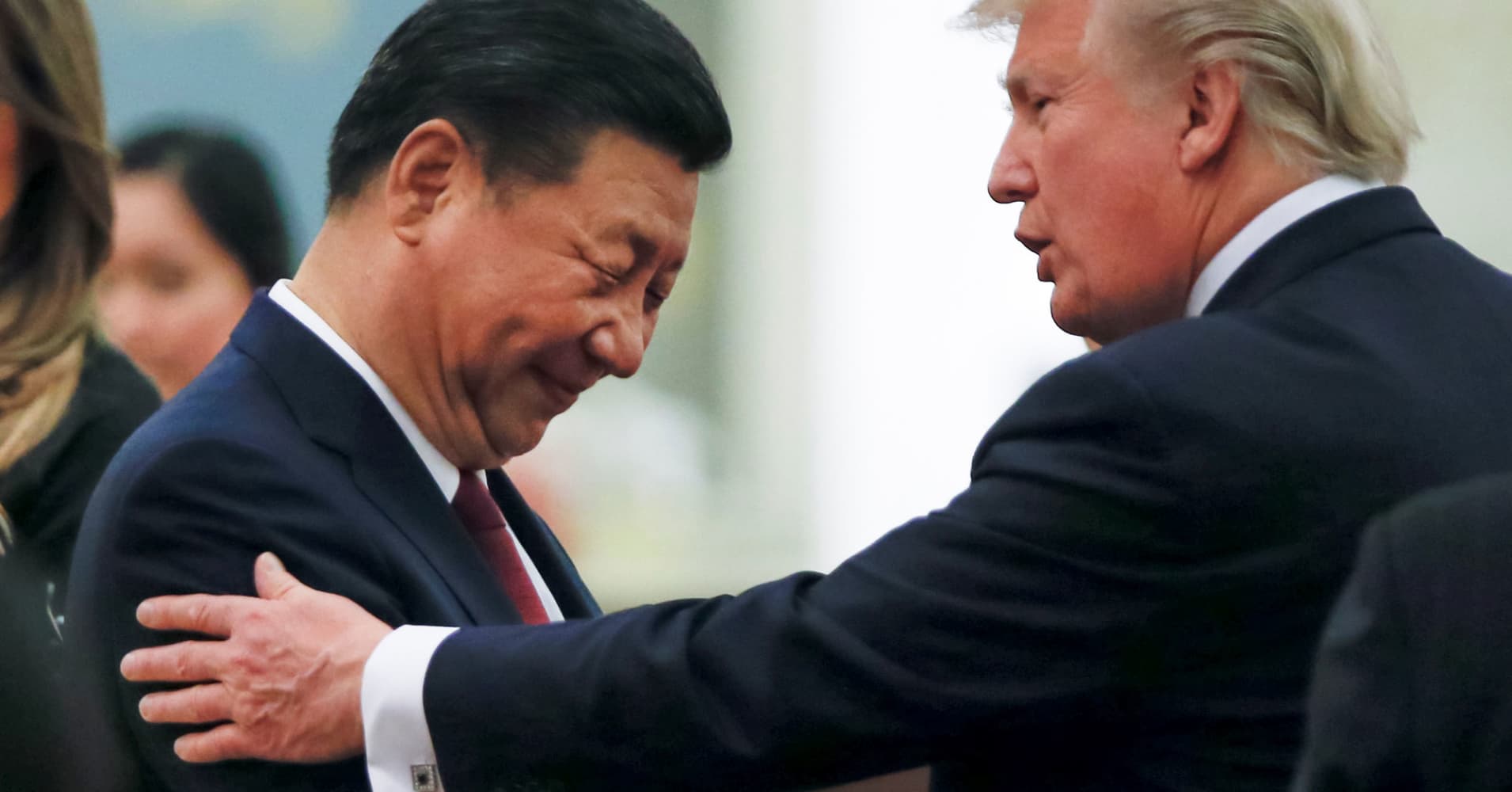
U.S. and China trade tensions are likely to continue and make trouble for markets after the G-20 summit, expects Marie Owens Thomsen, global chief economist at Indosuez Wealth Management.
"The Congress has given executive authority to the president to negotiate without necessarily asking the Congress each and every time, and as long as that sort of delegated power sits with the president, I feel it (trade) will continue to be a theme as we go forward," Thomsen told CNBC's Nancy Hungerford. "Unfortunately, I think that in all probability, trade will continue to be one of the favorite battle horses of this administration."
Thomsen said a trade agreement between the U.S. and China is essential to stock markets and the world economy.
As the G-20 finance leaders meet to discuss global policies in the Argentine capital of Buenos Aires on Nov. 30 and Dec. 1, one of the most pressing challenges will be the trade tariff dispute between the US and China. Regardless of the outcome, the meeting between U.S. President Donald Trump and his Chinese counterpart Xi Jinping is likely to affect the future of Sino-U.S. relations and global trade.
Expectations of a trade deal are tempered after Trump complained of unfair trade practices and imposed 10 percent tariffs on $200 billion of Chinese imports in September. China retaliated by imposing taxes on $60 billion worth of U.S. products.
The U.S. duties are set to increase to 25 percent at the start of 2019. Trump has also threatened to impose duties on $267 billion more of goods if Beijing does not adhere to his demands. This would mean duties on almost all of China's exports to the U.S.
The U.S. wants Beijing to cut subsidies and improve market access to U.S. firms, and help bridge a $375 billion trade gap.
The U.S.-China trade war has contributed to concerns within global markets as investors expect a slowdown in economic activity and company earnings next year.
The lingering tensions between the two countries have increased amid worries over money supply tightening by the Federal Reserve.
"I don't see any reason for the Fed to be particularly trigger happy at this point in time," Thomsen told CNBC.
No comments:
Post a Comment